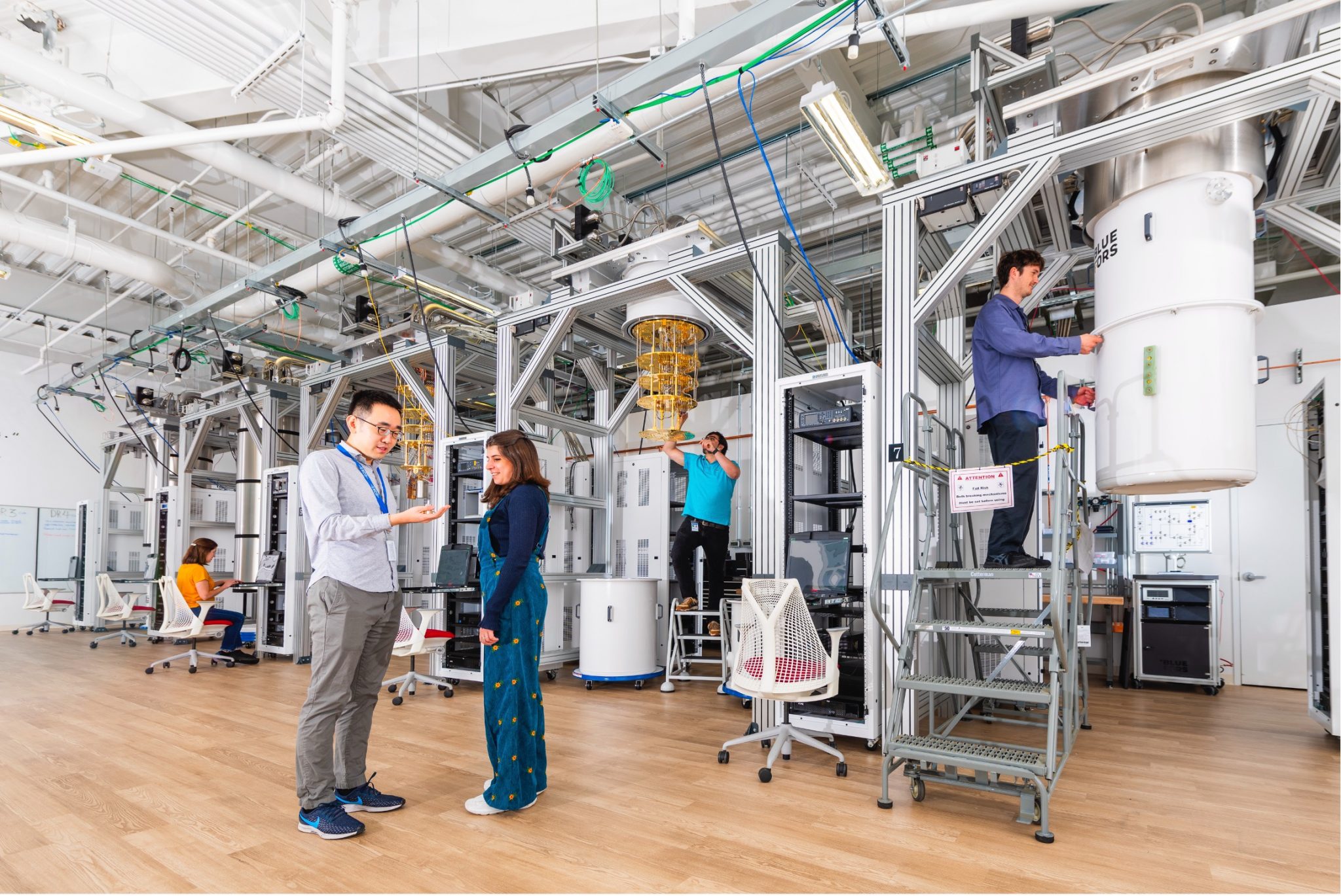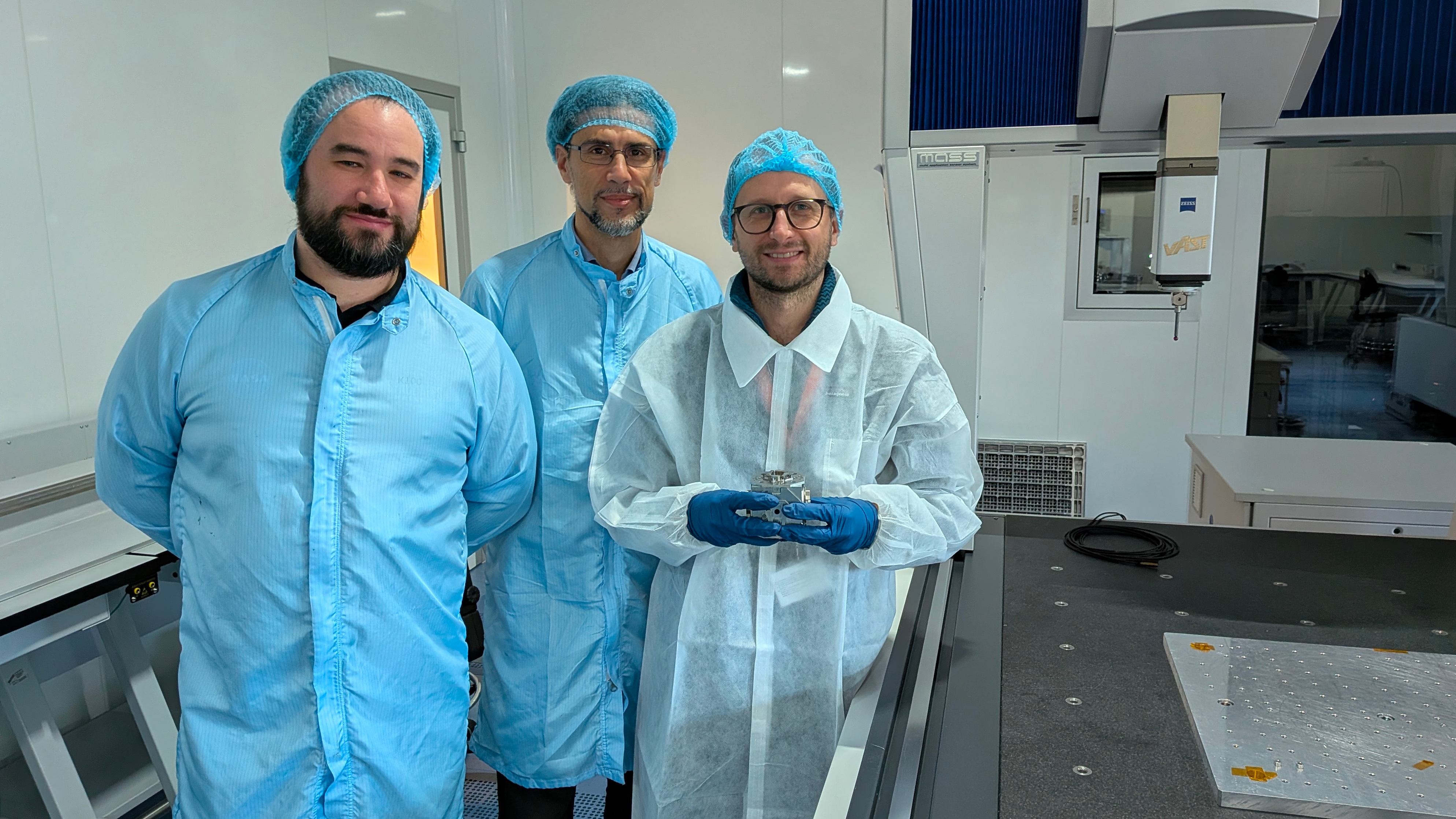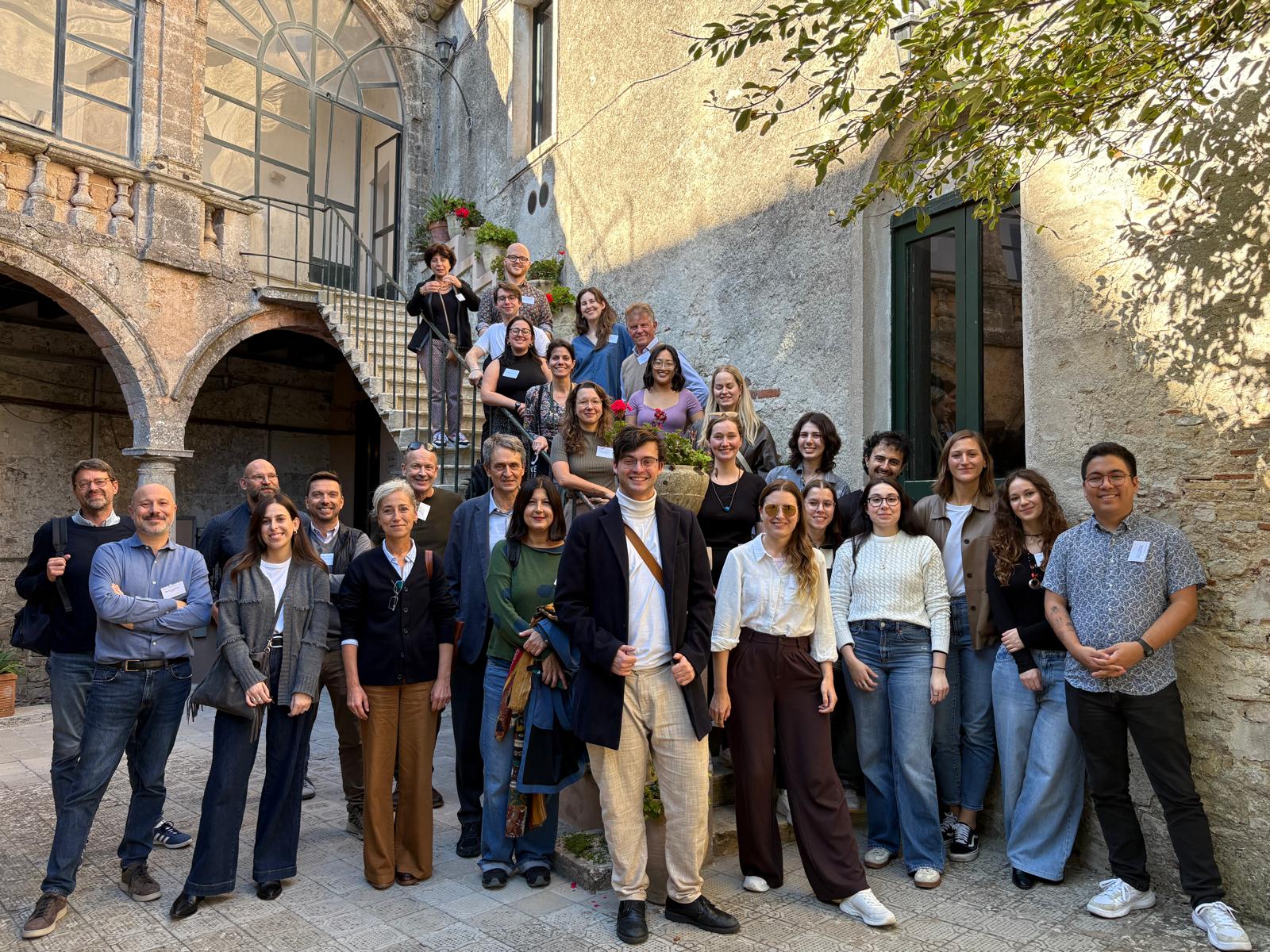.  On 4 December at the Italian Embassy in Washington, Italy and the United States signed the international scientific and technological collaboration agreement for implementation of the PIP-II (Proton Improvement Plan-II) project at the Fermi National Laboratory (Fermilab) in Batavia, Illinois.The agreement, signed between DOE (Department Of Energy) and MIUR (Ministry of Education, University and Research), in particular envisages the production of a number of high technology components for a new particle accelerator, which will serve to produce the world’s most powerful high energy neutrinos beam for the DUNE (Deep Underground Neutrino Experiment) project. These components will be implemented by the INFN Accelerator and Applied Superconductivity Laboratory (LASA).The new 176 meters particle accelerator will be the heart of the Fermilab accelerator complex, and will provide the proton beam to feed a vast research program in particle physics that will develop over several decades.In addition to Italy, other international partners are making significant contributions to PIP-II, as an example of the increasingly global nature of particle physics projects. The PIP-II accelerator complex will be made available to the international particle physics scientific community and will extend the discovery potential far beyond that achievable with the current experiments.
On 4 December at the Italian Embassy in Washington, Italy and the United States signed the international scientific and technological collaboration agreement for implementation of the PIP-II (Proton Improvement Plan-II) project at the Fermi National Laboratory (Fermilab) in Batavia, Illinois.The agreement, signed between DOE (Department Of Energy) and MIUR (Ministry of Education, University and Research), in particular envisages the production of a number of high technology components for a new particle accelerator, which will serve to produce the world’s most powerful high energy neutrinos beam for the DUNE (Deep Underground Neutrino Experiment) project. These components will be implemented by the INFN Accelerator and Applied Superconductivity Laboratory (LASA).The new 176 meters particle accelerator will be the heart of the Fermilab accelerator complex, and will provide the proton beam to feed a vast research program in particle physics that will develop over several decades.In addition to Italy, other international partners are making significant contributions to PIP-II, as an example of the increasingly global nature of particle physics projects. The PIP-II accelerator complex will be made available to the international particle physics scientific community and will extend the discovery potential far beyond that achievable with the current experiments.





